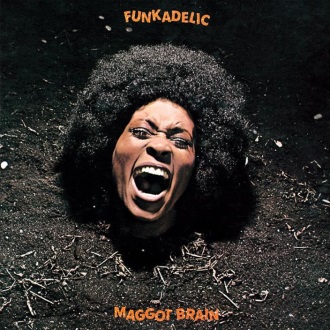Meet Maggie Brain
Hometown: Turtle Island/Mother Earth
Favorite Ice Cream Flavor: Mind of the Universe
Best Adjective to Describe Yourself: Pensive

In 15 words or less, why should a student want to be involved in this department?
- CES teaches you real critical thinking, not the stuff you learned in high school.
- CES has the incredible, humanizing power of representation for people pushed to the margins.
- CES Strongly encourages students to challenge socialized assumptions of the world and peoples.
- CES pushes students to expand on their critical lens of the world’s ideologies and practices.
What initially drew you to this department? What keeps you coming back?
- CES encourages us to reexamine power. It asks us what our personal superpower is and gives that ability a sense of validity that the world might not otherwise award. It teaches us that we all have something to contribute to Mother Earth, that collectively we can help her as she endures her third pregnancy. This empowerment of self and group keeps us coming back.
- CES gives us ways of learning, building, and practicing solidarity.
What’s your biggest piece of advice to first years and sophomores in this department?
- Don’t let yourself be offended by all the horrible things happening on Mother Earth, because in doing so you run the risk of drowning in your own shit. Focus on the good, and work towards betterment.
- Confused? That’s OK, we’re here to listen to each other and learn.
- Question the question. “Think, think, think. It ain’t illegal yet.”
- Translation/Nontranslation
- Think about who should have access to knowledge and about when it’s ok to gain different types of knowledge.
How does your department connect to your other interests and activities?
- If you happen to have a nostalgia thing for black culture of the 70s and 80s, you’re in luck!
- CES helps you develop a framework for approaching challenging questions, which is helpful for all departments.
- It reminds us to be kind to our Mother Earth, and to each other, which is beneficial for everything.
What’s the most valuable thing you’ve learned at K?
- Institutions are frustrating, so you gotta focus and love on the people inside them for your own sanity in union with doing work within and outside to transform the problematic aspects.
- Using learning and collective thinking as a means of combating icky institutional structures
- Be a warrior.
- Sometimes you need to stop and assess. Are your actions defining who and how you want to be in this world?
- There are four important questions: “Where am I? How did I get here? Where am I going next? What do I need to get there?”
- Challenge and define the terms of the discussion/topic before you start arguing the details
- Work with your community(ies).
What has been your favorite class at K? Why?
- Any class that challenges you. Ones that force you to think extensively and critically about relevant topics.
SIP topics include:
- Death, Body Repatriation, Transnationalism, Identity, and Belonging
- Alternative education models, pedagogy, and place
- National historical narratives as represented through monuments and the negotiation of said narratives
What are your career aspirations/next steps after K?
- Rise above it all.
- There’s no wrong way to approach and dismantle white supremacy etc.. Our difference is what allows us to work on all levels.
- Organizing strategically across mutual difference to help us peacefully coexist in the spaces we share.
- Keep working with community -ies.
- Give love to your people and be sure they give love to you.
